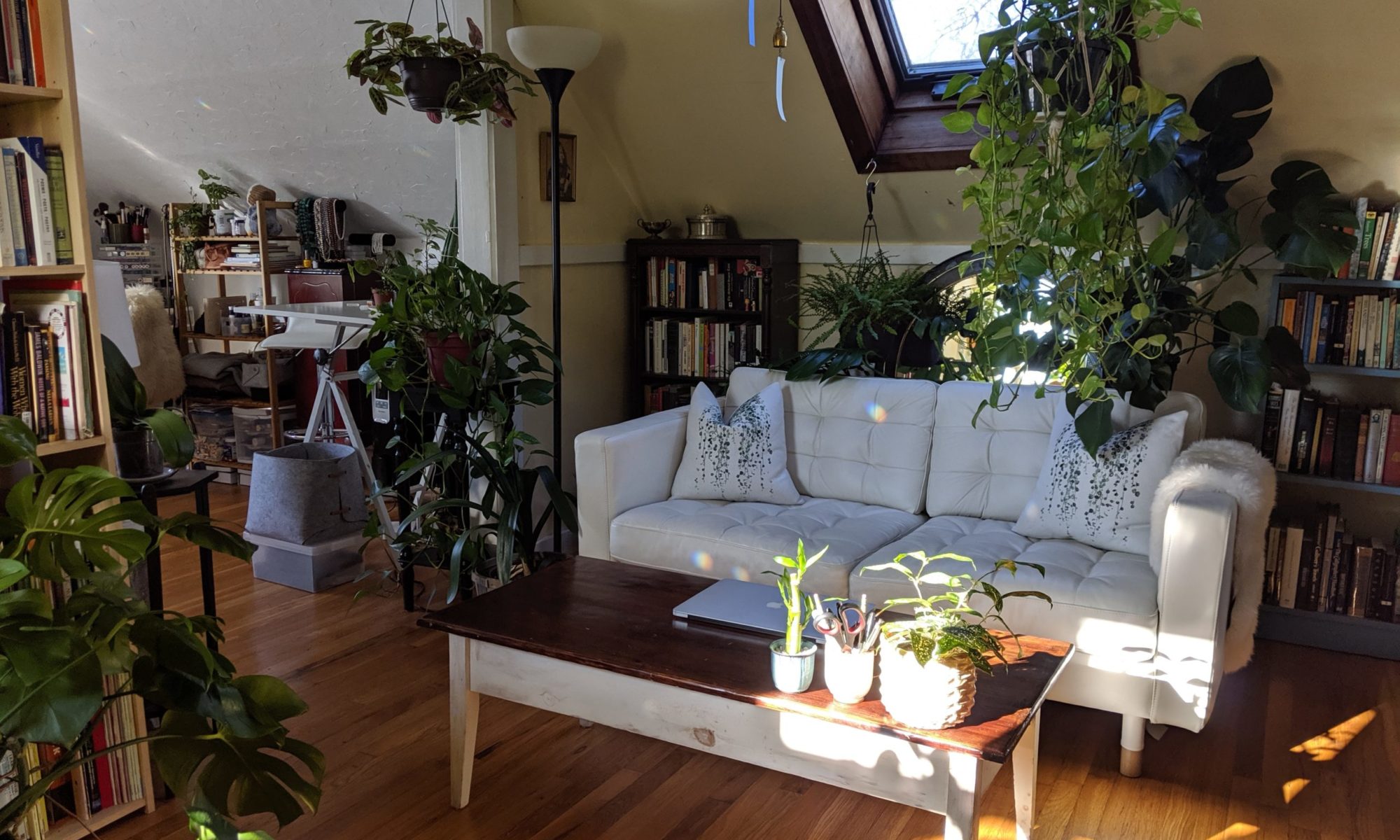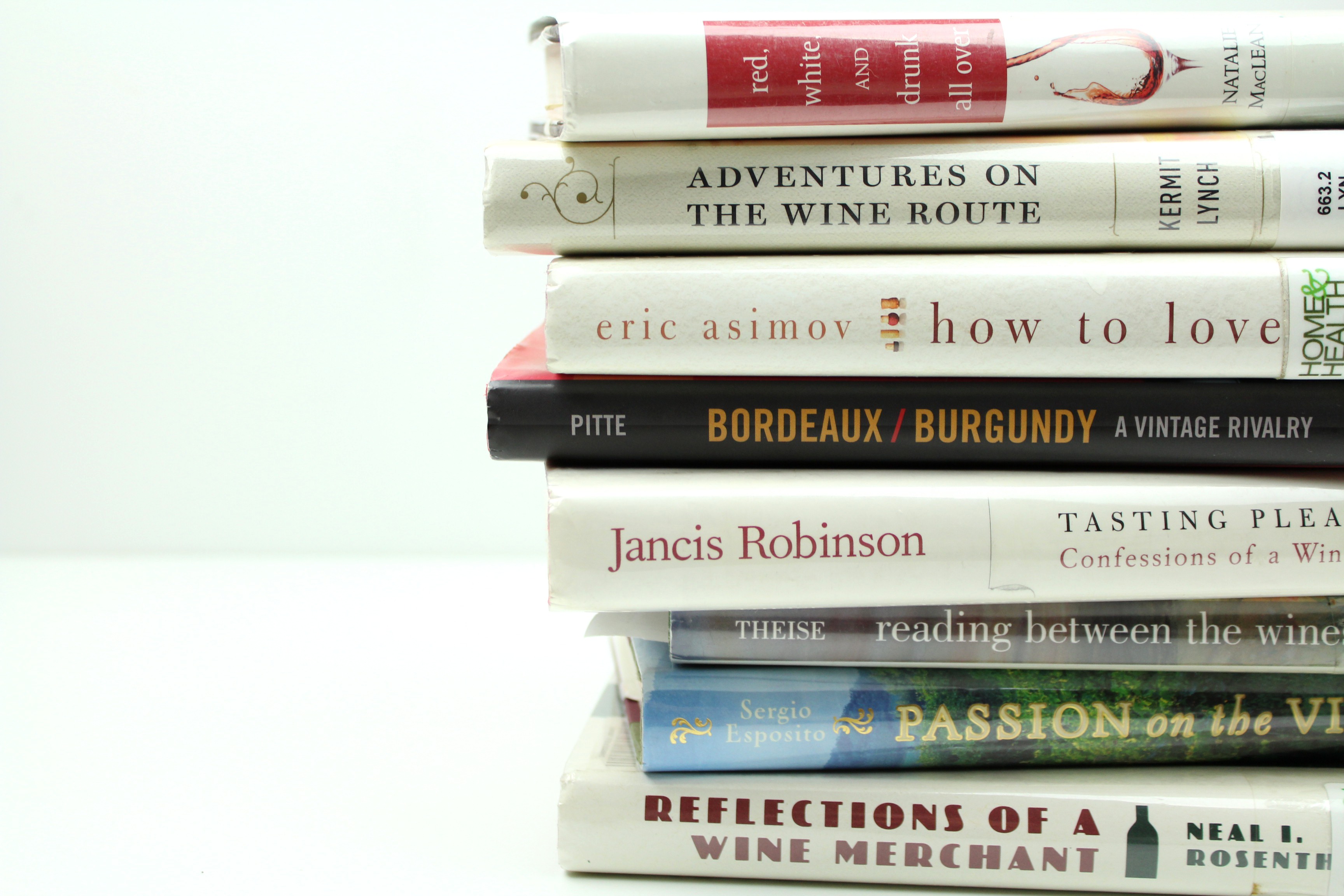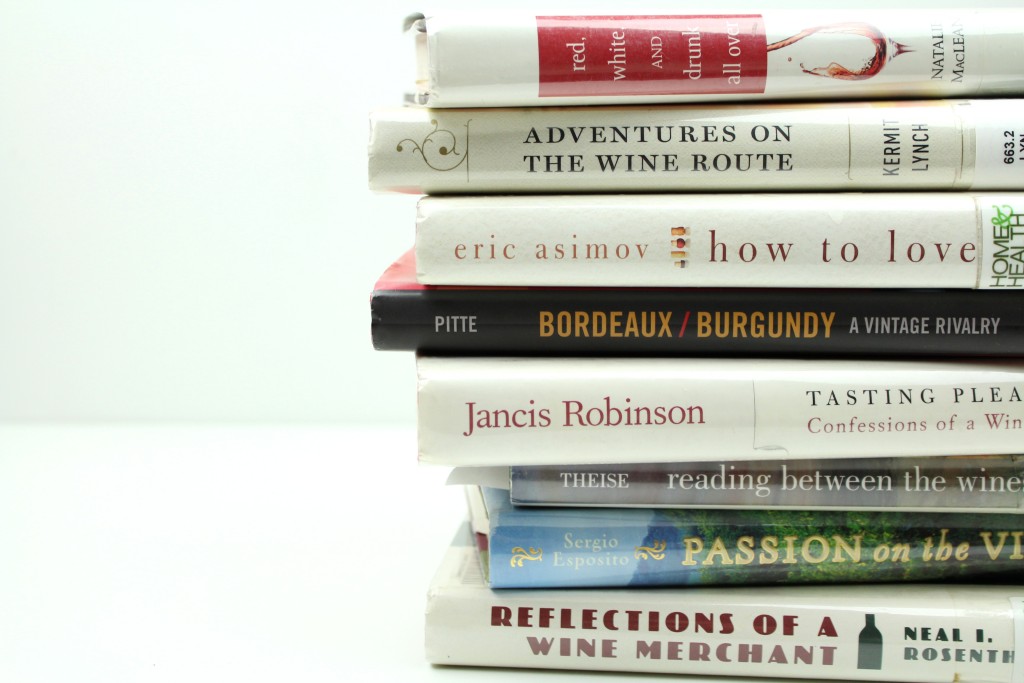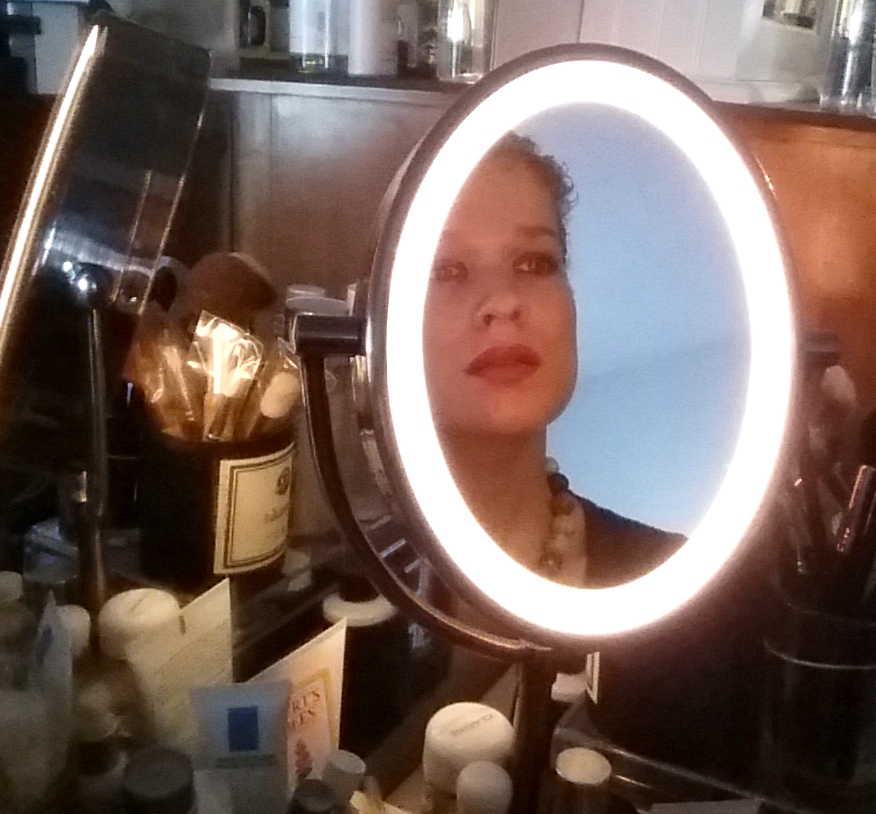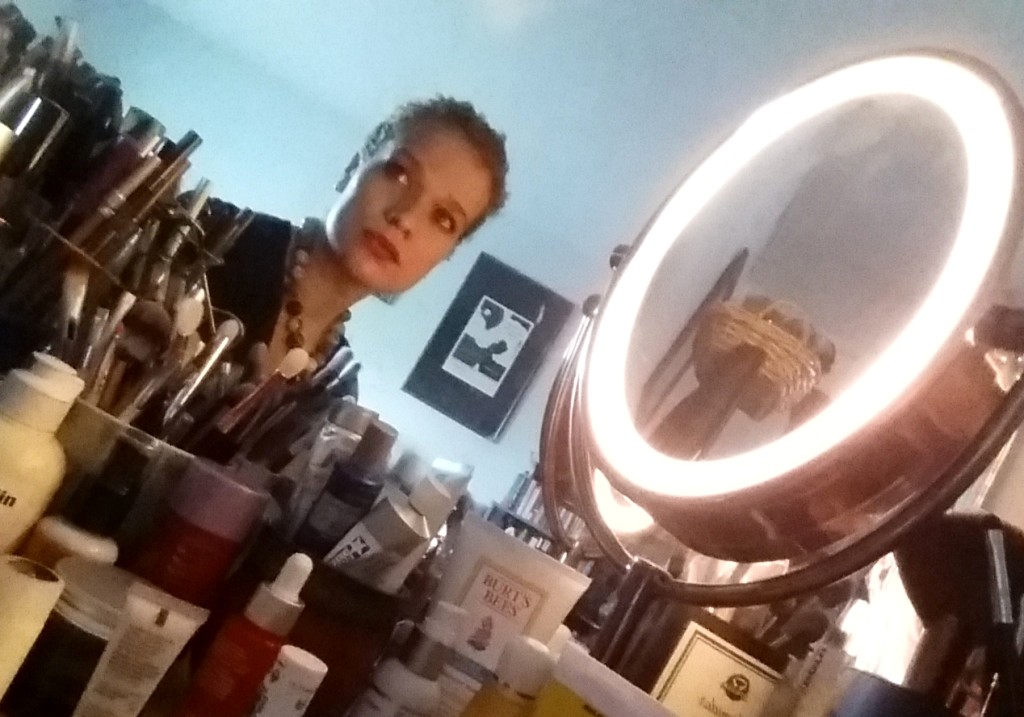Sense a theme? We are very into wine.
Red, White, and Drunk All Over, Natalie MacLean — An entertaining and practical book by a young, stylish wine writer – half the story of her life as a wine writer and half useful wine user’s manual. A condensed and approachable guide to serving and enjoying wine. Often funny as well, as the title implies.
Adventures on the Wine Route: A Wine Buyer’s Tour of France, Kermit Lynch — A passionate importer shares tales from the road. If you’re not already into wine this might not provide enough context but quite interesting if you’re into French wine. Lots of vignettes/mini histories of his favorite producers.
How to Love Wine, Eric Asimov — A general call not to be intimidated by wine from the New York Times wine critic. Not bad as an opening text if you are just getting into wine, with the basic concept that wine is meant to be enjoyed, and advice to help you avoid all those pitfalls that can make it no fun at all (i.e. stressing out about impressing people (probably you are good at other things), being intimidated by your lack of wine knowledge (you don’t need any to know what you like), worrying that your palate isn’t good enough (it is), bad wine (not as common as it used to be), paying too much (you don’t have to), etc.). Likely preaching to the choir if you already love wine but satisfying to have someone writing intelligent things about wine with which you can agree, reaffirming your good sense.
Bordeaux/Burgundy: A Vintage Rivalry, Jean-Robert Pitte — Great if you are into the history of these regions, which is vast and complex. Lots of rich detail. Reads a bit like a thesis in parts (could be a translation issue – originally written in French, which we like) but obviously well-researched. [See also this interesting tasting/debate with Hugh Johnson and Jancis Robinson on the topic]
Tasting Pleasure: Confessions of a Wine Lover, Jancis Robinson — Jancis Robinson is to Britain what Robert Parker is to the U.S., the most influential wine critic. Unlike Parker, though, Robinson seems infinitely more personable to me, and more in line with my approach to wine (she doesn’t think much of scores, for example). She co-authors the definitive World Atlas of Wine, did a great series of videos on major grape varieties for the BBC, did an interview/ tasting with the quirky WineLibraryTV (pretty funny contrast between host and guest), and is the author of dozens of books about wine, including this memoir. This chronicles how she sort of stumbles into being such an influential wine critic, and some of her memorable tastings and projects. I’ve liked all of her writing, and really all of her speaking, which is intelligent and no-nonsense with a good sense of humor…I like her.
Reading Between the Wines, Terry Theise — Wine philosophy. Theise reflects on what it means to make wine, what it means to make good wine, what it means to enjoy wine, what it means for wine to be beautiful, what it means for anything to be beautiful…if you are interested in thoughts on what makes a good life, this is a really interesting read.
Passion on the Vine, Sergio Esposito — Of all the wine memoirs* I’ve been reading, this is the best memoir in its own right, independent of wine data. Funny, with life and wine nicely integrated, engaging writing.
*I’m calling them wine memoirs, books written by people who are passionate about wine that are partly about the people and partly about their experiences with wine, though some are more guides or manifestos than memoirs.
Reflections of a Wine Merchant, Neal Rosenthal — As with the Lynch, you want to be pretty into wine to go for this, otherwise it’s a bunch of people and regions and details about wine. OK, but Lynch and Esposito were more interesting to me.
